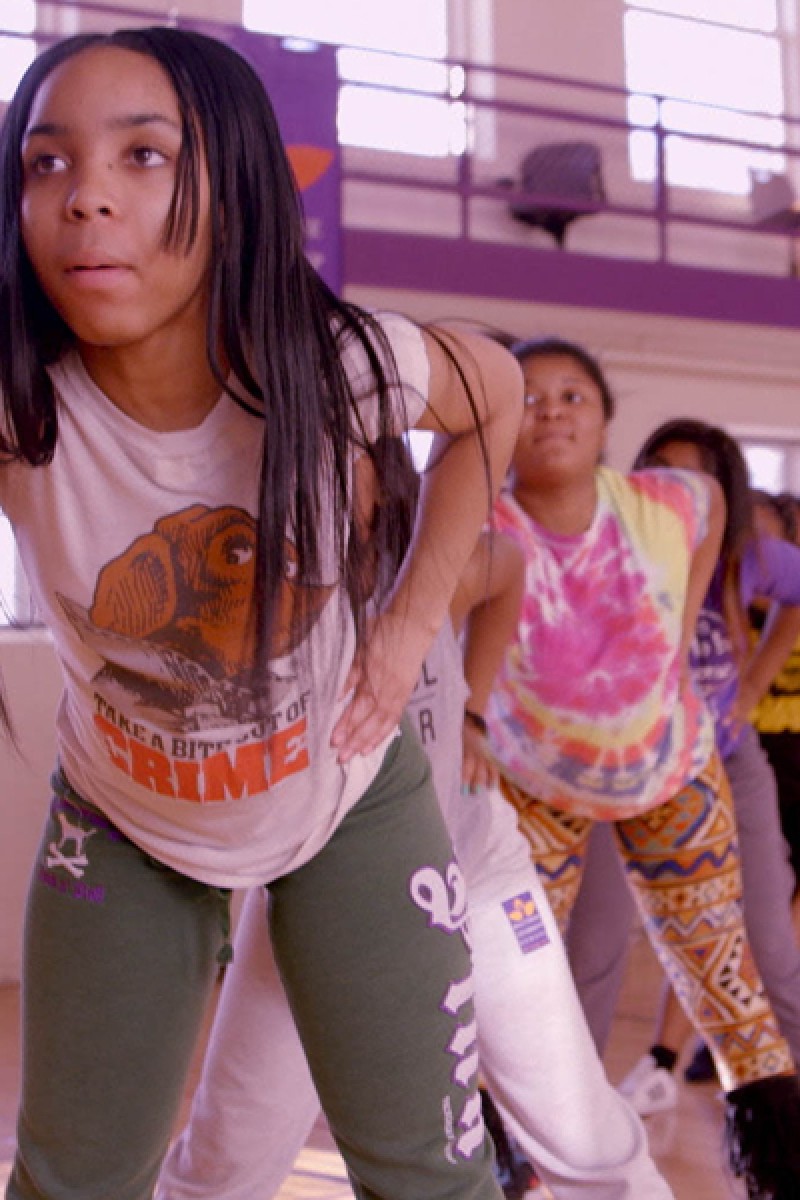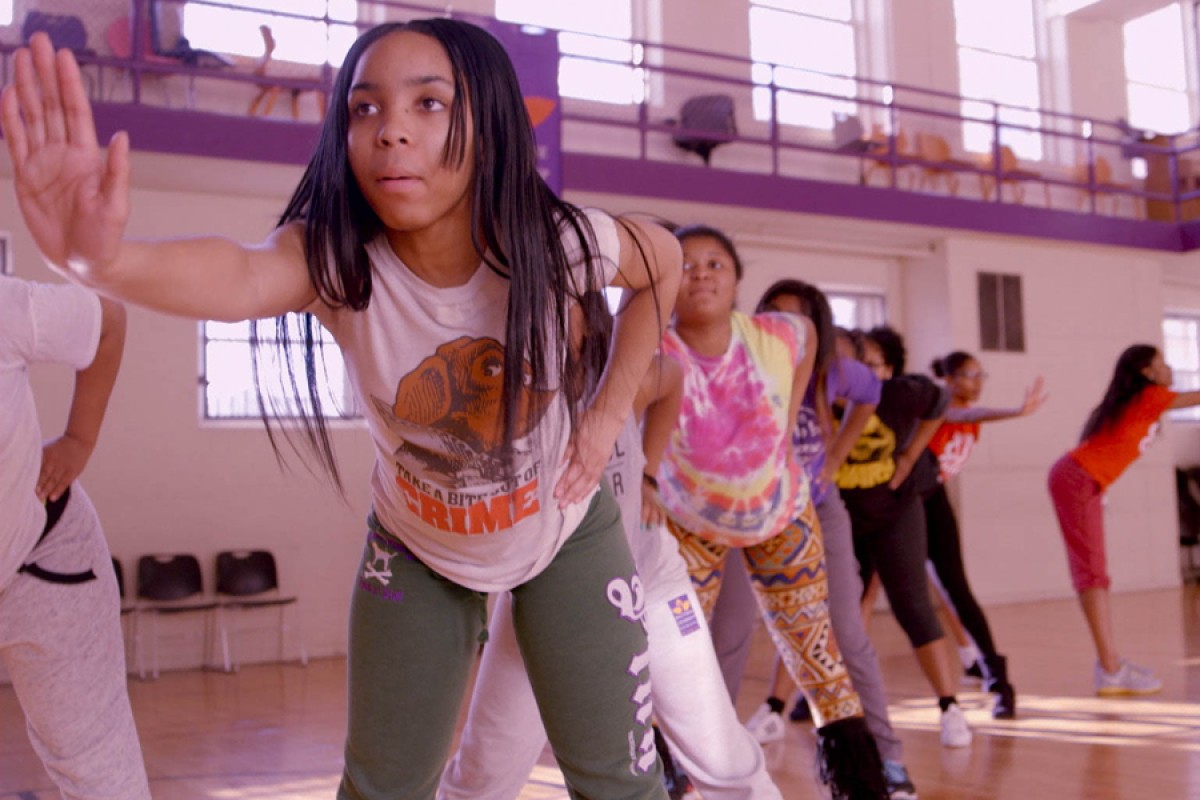
Step sees three young women step up and defy the odds for a better future [Review]
Following the senior year of three underprivileged teens, Step is an authentic glimpse of the extra effort they need to put in to pursue higher education
 Dance practice helped the girls anchor their energies and reminded them of what they were fighting for.
Dance practice helped the girls anchor their energies and reminded them of what they were fighting for.We’ve all been through the struggles of our teenage years. Academic results, conflicts with family and friends, relationship problems, wanting to show your talents to the world. These issues and more are brilliantly explored through the eyes of three Baltimore girls in their senior year of high school in the documentary Step.
The film follows Blessin Giraldo, Cori Grainger, and Tayla Solomon from the Lethal Ladies step dance team, who are from the first class of The Baltimore Leadership School for Young Women, a school established in 2009 that aims to send every student to college.
It captures how the trio made it through the difficult times of their adolescence and fought their way towards college, despite the lack of financial support from home and the social conditions of their community.
A major theme in Step is the deep-rooted racial discriminations and real-life challenges surrounding the students who live in Baltimore in the US, where the controversial death of African American Freddie Gray caused protests around the city.
To string together the three young women's stories are the sharp, speedy and powerful dance moves that will have you unconsciously tapping your feet as you are absorbed by the unity of their hand claps and dance steps.
Moving, heartening, and energising, Step is about rising above the boundaries set upon you by society and prejudive; it's about sisterhood, the power of individuals, and the entire African American community. It will convince you that if Blessin, Cori and Tayla can make it through their struggles, you can too.
